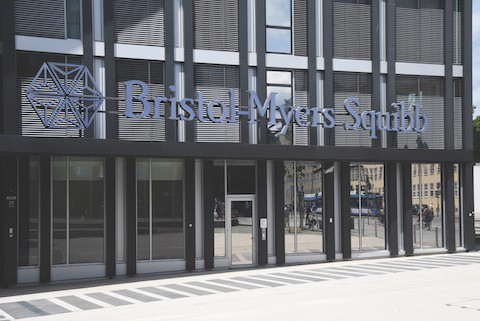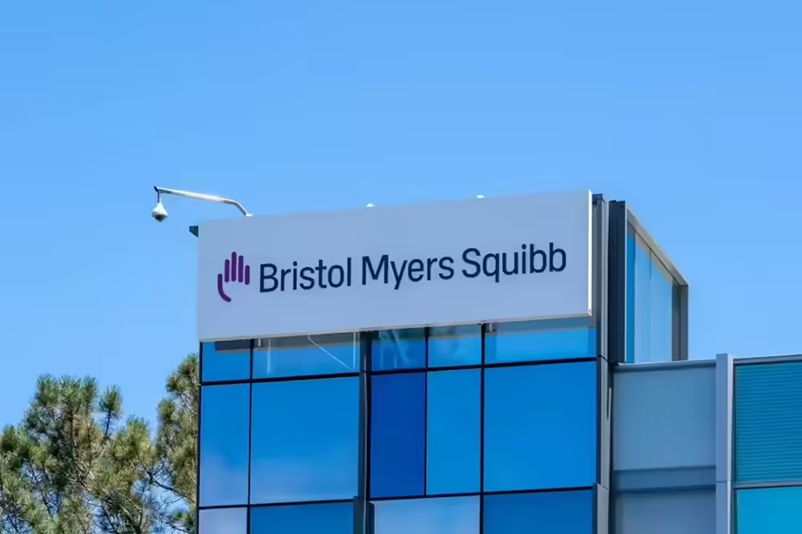Request Demo
Last update 14 Feb 2026
Lomedeucitinib
Last update 14 Feb 2026
Overview
Basic Info
Drug Type Small molecule drug |
Synonyms BMS 986322, BMS-986322 |
Target |
Action inhibitors |
Mechanism TYK2 inhibitors(Tyrosine-protein kinase 2 inhibitors) |
Therapeutic Areas |
Active Indication |
Inactive Indication- |
Originator Organization |
Active Organization |
Inactive Organization |
License Organization- |
Drug Highest PhasePhase 2 |
First Approval Date- |
Regulation- |
Login to view timeline
Structure/Sequence
Molecular FormulaC18H20N6O4S |
InChIKeyVWIVBQZLVAGLMH-ASGODXDTSA-N |
CAS Registry2328068-29-5 |
R&D Status
10 top R&D records. to view more data
Login
| Indication | Highest Phase | Country/Location | Organization | Date |
|---|---|---|---|---|
| Plaque psoriasis | Phase 2 | United States | 03 Apr 2023 | |
| Plaque psoriasis | Phase 2 | Japan | 03 Apr 2023 | |
| Plaque psoriasis | Phase 2 | Australia | 03 Apr 2023 | |
| Plaque psoriasis | Phase 2 | Canada | 03 Apr 2023 | |
| Plaque psoriasis | Phase 2 | United Kingdom | 03 Apr 2023 | |
| Psoriasis | Phase 2 | United States | 03 Apr 2023 | |
| Psoriasis | Phase 2 | Japan | 03 Apr 2023 | |
| Psoriasis | Phase 2 | Australia | 03 Apr 2023 | |
| Psoriasis | Phase 2 | Canada | 03 Apr 2023 | |
| Psoriasis | Phase 2 | United Kingdom | 03 Apr 2023 |
Login to view more data
Clinical Result
Clinical Result
Indication
Phase
Evaluation
View All Results
Phase 2 | 109 | Placebo | hsfmjnrosg = dkfssiudcf lhzwgfvnqv (sflxruofse, vbvxtdiiir - iplvnmyztn) View more | - | 25 Nov 2025 |
Login to view more data
Translational Medicine
Boost your research with our translational medicine data.
login
or

Deal
Boost your decision using our deal data.
login
or

Core Patent
Boost your research with our Core Patent data.
login
or

Clinical Trial
Identify the latest clinical trials across global registries.
login
or

Approval
Accelerate your research with the latest regulatory approval information.
login
or

Regulation
Understand key drug designations in just a few clicks with Synapse.
login
or

AI Agents Built for Biopharma Breakthroughs
Accelerate discovery. Empower decisions. Transform outcomes.
Get started for free today!
Accelerate Strategic R&D decision making with Synapse, PatSnap’s AI-powered Connected Innovation Intelligence Platform Built for Life Sciences Professionals.
Start your data trial now!
Synapse data is also accessible to external entities via APIs or data packages. Empower better decisions with the latest in pharmaceutical intelligence.
Bio
Bio Sequences Search & Analysis
Sign up for free
Chemical
Chemical Structures Search & Analysis
Sign up for free



